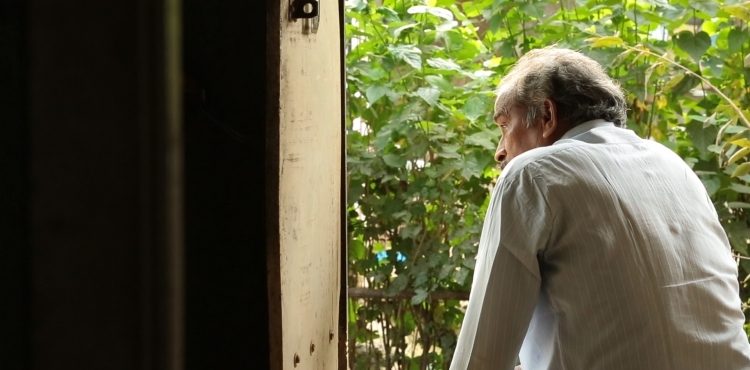
Funding boost to help close the mental health gap in India
Almost $2 million has been awarded from the NHMRC to an innovative program aimed at improving the treatment of mental health issues in India and overcoming stigma.
It is hoped SMART Mental Health will address the burden of common mental health disorders, such as anxiety, depression and stress, which affect one in four people in India, and also lead to addressing the increased risk of suicide associated with such conditions.
The funding was part of a $53 million announcement by the Hon Greg Hunt MP, Minister for Health, into new research for better treatments, prevention and care for people in both Australia and worldwide facing mental health challenges.
Principal investigators Dr Pallab Maulik and Professor David Peiris said there was a pressing need to close the gap between the growing burden of mental disorders and lack of treatment for them in all countries, including low and middle-income countries like India.
Dr Maulik, of The George Institute, India said: “If you have a mental health issue in India, there is a very high chance you won’t receive any treatment due to a lack of trained health professionals. Statistics reveal there is just one psychologist for every two million people.
“There is also a lack of awareness and increased stigma related to mental health in India so our program focuses on tackling both of these problems, by providing health workers with a mobile tool that enables better diagnosis and better management of these conditions as well as running community awareness campaigns.”
The project will build upon a pilot recently completed that showed promising reductions in social stigma, depression and anxiety levels.
With this NHMRC Global Alliance for Chronic Diseases grant, The George Institute will conduct a large randomised trial in both North and South India involving 20 primary health care centres, with an aim to develop a model within existing healthcare system that can be adopted by the government, if successful.
Villages taking part in the trial will receive pamphlets and multi-media resources to show the benefits of getting treatment to generate discussions around mental health.
Healthcare workers will be given mobile health technologies that will provide personalised clinical decision support.
Professor Peiris said: “We hope that more people in India will not only start talking about mental health, they will also be able to receive better treatments and have their conditions properly managed.
“If the results look promising this strategy could impact the lives of millions of Indians on a daily basis and will be relevant to other countries with similar health system challenges"
Media Contact:
Julia Timms,
Senior Media Advisor, Australia
Tel: 0410 411 983
Email: jtimms@georgeinstitute.org.au





